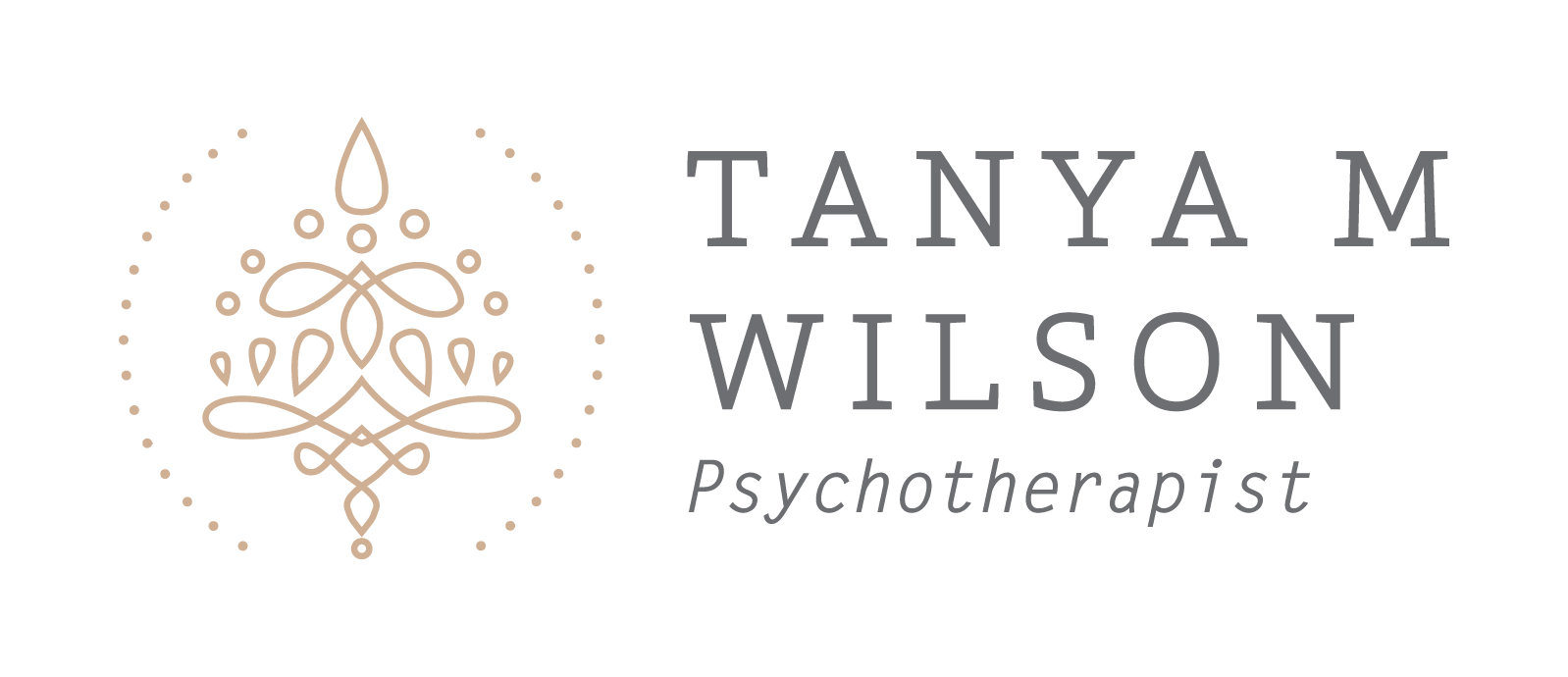I’ve witnessed a lot of clients in the past talk about a very concerning type of behaviour that is very underhanded and can be distressing. Known as covert manipulation.
It’s part of the cycle of abuse that can happen when you’re in a relationship or interacting with someone that is manipulative. Whilst all types of manipulation is toxic and underhanded, this covert stuff can be potentially quite damaging. And it’s different in its own sense and holds an even deeper layer of manipulation. It can often even have a hidden or underlying energy to it. So it’s worth identifying and discussing.
In these situations, the conversation often goes along the lines of… ‘my ex partner/husband/wife often calls me controlling. I don’t think I’m controlling but I hear it so often from this person I’m starting to wonder if I actually am or not. I’m beginning to doubt myself.’ Does that sound familiar?
This can actually be a way for your partner/the other person to bait you into certain behaviours. So that they can continue to exert control over you.
This can actually be a way for your partner/the other person to bait you into certain behaviours so they can continue to exert control over you.
Some of these induced behaviours could be responding to the silent treatment, where the manipulator is exacting out silent treatment, putting you in the position of having to cajole them/initiate conversation or avoiding other necessary responsibilities so you are seen as someone who is “nagging” and supposedly controlling.

Read about narcissistic abuse here.
Turning you into a nagger
If we take the example regarding housework, when the manipulative person doesn’t enact their share of the responsibilities, especially when the other person (let’s say it’s you in this case) has communicated their desire for help or contribution.
When they consciously continue with their behaviour– the non action and avoidant type of behaviour– they are initiating a certain type of response from you. Which can often look like being so fed up, that you beg for help. Or what can be perceived as nagging.
A typical response from the manipulative party can look and sound like this:
‘You know, I’ll do the housework when I want to do the housework. Or I’ll do the duties that I want to do when I want to do them. You’re so controlling! Why are you trying to boss me around?’ And suddenly, you’re labelled as the controlling one for merely expressing your exasperation. As well as a desire for responsibilities and domestic duties to be evened out.
Who is the controlling one?
Covert manipulation may look like one person is the controller or the controlling one. But actually the control is coming from a much deeper place than that. If we backtrack, the control is actually coming from the other person and from the inaction or the lack of responsibility.
And that’s the real control… it’s their way of staying in control because they know that most people don’t like being labelled as controlling. And to avoid that label, you don’t say anything. No matter how much burden has been placed on you to juggle life.
Quite often in this dynamic one person is more of the controller or manipulator than the other. And then the other person in that dynamic can be a little bit more of like the empath. More passive and perhaps more codependent of the two. And so, these dynamics actually stay tied in together for quite some time. Because the controller needs someone that’s empathic to feed off and have leeway with this behaviour.

There are many people who have experienced and are still in toxic and abusive relationships. Remember that abuse doesn’t have to be hitting. The abuse cycle is fraught and complex and you need to know that you are not to blame.
A complex issue
This is a deeply complex issue that can present as seemingly simple. Like in the example above. Or in more troubling ways, such as isolating you from friends and family, constant criticism and leading you to think you are something that you are not. Such as a negative personality trait). This kind of toxic dynamic can really affect your sense of self, even if it’s long after you’ve been out of the relationship. If you want to repair the damage done or gain back your self esteem, book a counselling appointment here.
All sessions are incredibly confidential.


